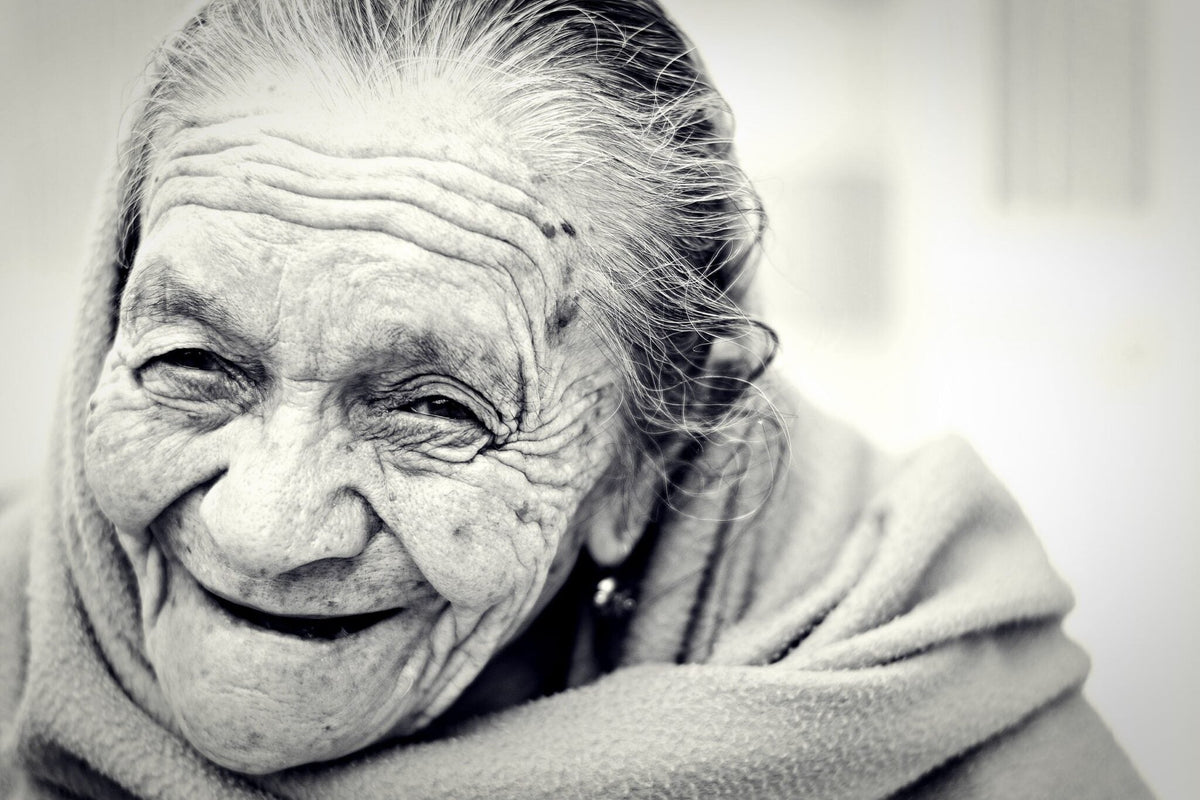
Why do women live longer than men?
|
|
Time to read 3 min
|
|
Time to read 3 min
Life expectancy at birth — say, in 2019 — is calculated by combining the chances of survival for each age group that year. It’s a statistical estimate built from age-specific survival data.
According to WHO data, women generally outlive men in most countries. Only two countries — Qatar and Afghanistan — report higher life expectancy for men. In Afghanistan, the gender gap has narrowed over the last two decades, while Qatar’s has widened. The greatest difference in favour of women? Former Soviet Union countries , where women live nearly 10 years longer on average.
The WHO also tracks Healthy Life Expectancy — the number of years lived without disease. This metric narrows the gender gap. In Singapore , for instance, women live 4.5 years longer than men, but only 3 of those years are healthy.
Looking back over 250 years (where data exists), women consistently outlive men — though in the US , this only became the case after the 1850s. In the animal kingdom, female mammals live almost 20% longer than males. The pattern is clear. The reasons? Not so simple.
Let’s start with chromosomes. Women have two X chromosomes ; men have one X and one Y. The X chromosome carries key genes for immune function. If one is defective, women have a spare. Men don’t — giving women a biological advantage.
Testosterone — found in higher levels in men — is associated with weakened immune response and higher cardiovascular risk . On the other hand, oestrogen (produced more by women) has antioxidant properties , helps prevent DNA damage, and supports healthy cellular function.
One historic study of Korean eunuchs (castrated men who lacked typical testosterone levels) found they lived 14 to 19 years longer than non-castrated peers of the same class.
Among transgender individuals, some research suggests that hormone therapy may influence mortality. However, these findings are often shaped by external factors like access to care, stigma, and social stress — not just biology.
It’s not just biology. Testosterone also influences behaviour — which directly affects longevity.
Men are more likely to engage in risky activities : speeding, extreme sports, fights. These risks can lead to accidents or chronic stress. They also tend to dominate dangerous professions .
Critically, men are also less likely to seek medical help early . And when they do, they’re less likely to follow through with treatment. That avoidance can have serious consequences over time.
Lifestyle closely follows behaviour — and it matters.
Men are more likely to smoke and drink alcohol excessively , both of which increase the risk of stroke, heart disease, and hypertension.
They’re also more likely to eat red meat and fewer vegetables or fibre-rich foods — patterns linked to high cholesterol and chronic disease.
That said, men generally have lower obesity rates and exercise more often than women — habits that support longer life.
You might have noticed our frequent use of words like “may”, “tend to”, “linked to”, and “associated with”. That’s because there’s no single explanation for women’s longer lifespan.
Longevity is shaped by both nature and nurture . A recent study tried to isolate the "nature" component by studying life expectancy during times of crisis — when lifestyle factors might matter less. Even then, women outlived men.
So yes, women do live longer . But men can beat the odds. How? By living well — avoiding unnecessary risk, staying proactive with healthcare, and supporting their biology with good choices (yes, including supplements).
There’s also room for improvement on the female side. Global data shows that women live longer, but often spend more of those years in poor health . So while we celebrate women — on Women’s Day, Mother’s Day, or any day — the ultimate goal isn’t just to live longer , but to live better .
